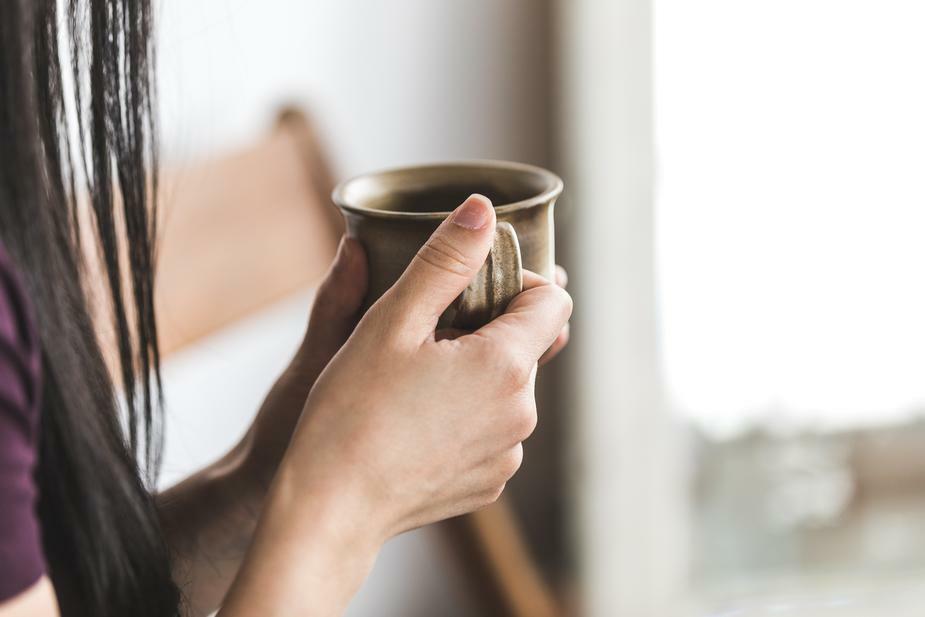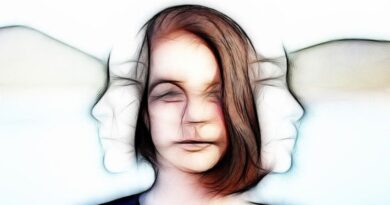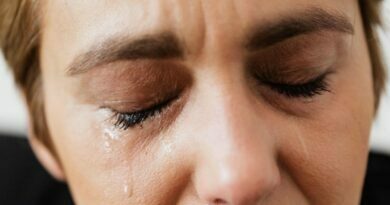What is anxiety ?
It’s natural to be anxious in some circumstances, but be anxious all the time can turn into a disease and cause serious complications.
First, be aware that anxiety will cause a number of reactions in our body like fear, nervousness, palpitations, you can also find a feeling of choking as well as stomachaches or headaches. When these reactions occur just before, for example, an event such as an examination or a professional interview this is completely normal and these symptoms will gradually disappear depending on the person’s situation. On the other hand, if these symptoms arrive permanently and without a justified cause, we can then talk about an anxiety disorder which is therefore a mental illness that should be treated correctly.
Symptoms of anxiety

The symptoms of anxiety are very characteristic:
- We will find a fear that will be permanent and without real justified causes: the person always thinks something is going to happen negative.
- We can also observe fatigue, irritability, trouble concentrating, stomach aches, headaches, dizziness, palpitations, a knot in the stomach, muscle pains, digestive problems such as diarrhea, constipation and even spasms.
Causes and diagnosis
The causes of anxiety can be fatigue or intense work-related stress, hormonal changes, as well as events related to the life of the person such as an aggression or the appearance of a disease in a relative.

Workaholics more prone to anxiety
If a person complains of excessive problems for more than six months and if she has at least three of these signs as: irritability, permanent worry, vertigo, muscle aches or nervousness, it can be anxiety disorder and this person should consult a doctor who can then give a treatment adapted to this person.
Some advices
- Untreated anxiety disorder can easily evolve into depression as well as other types of diseases such as diabetes type 2 or even high blood pressure. So do not hesitate to consult your doctor if you ever think that you are subject to the anxiety disorder.
- It is possible to prevent the anxiety simply by discussing your problems with a loved one, a doctor or a psychologist. You should also adopt a healthy lifestyle:
- No alcohol, nor tobacco,
- Do physical activity (ie. Walk at least 3h a week),
- More vegetables and fruits in your dishes.
Anxiety treatments
Anxiety treatments simply relieve symptoms. Anxiety can be treated with:
- Psychotherapy with or without anxiolytics according to the severity of the anxiety.
- Some people use relaxation methods to avoid stress and therefore minimize their anxiety.
- Some medicinal plants such as hops, passionflower or valerian as well as certain types of dietary supplements such as magnesium can relieve anxiety, so do not hesitate to talk to your doctor or pharmacist to find out if you can use these types of products.







